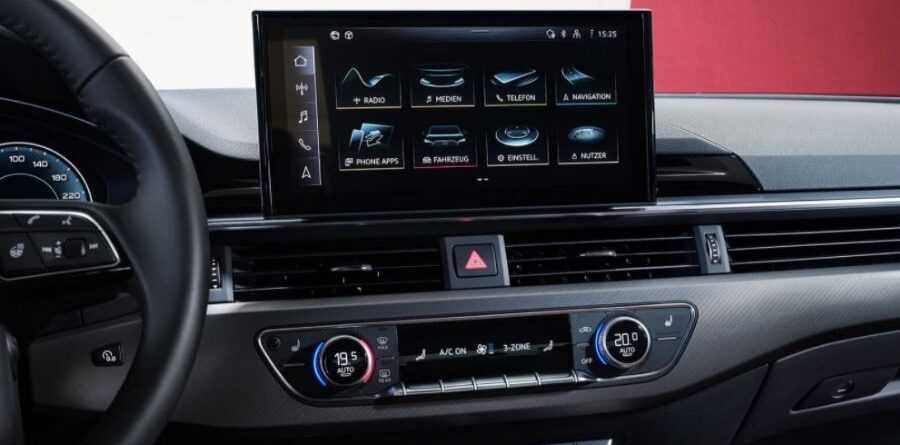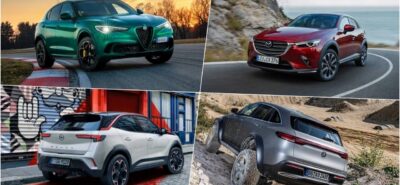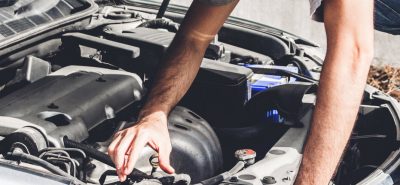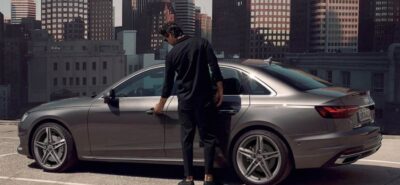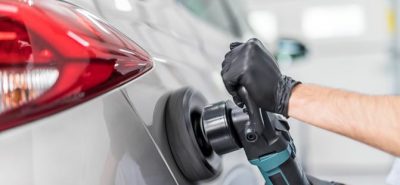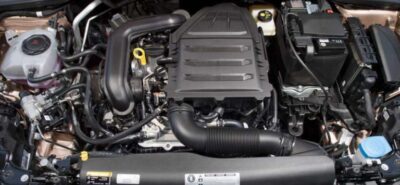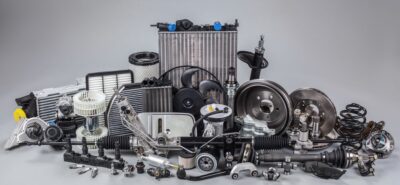Will hydrogen-powered cars be a viable alternative?
Hydrogen-Powered Cars: A Viable Alternative?
Faced with the imminent disappearance of internal combustion cars and the limited range of electric cars, hydrogen-powered cars emerge as an alternative
It is no secret to anyone that the era of gasoline as the dominant fuel for means of transport is about to come to an end, because depending on the region of the planet in which we live, sooner or later the day will come when fossil fuels will be replaced, perhaps not completely, but in a majority way.
This is due to climate policies that in a certain way have the good intention of saving the planet from phenomena such as global warming and, incidentally, saving fuel, not only for cars, but for any medium, whether for production or common use.
For example, the European Union has started the countdown and by 2035 the sale of internal combustion cars will be banned, so electric vehicles will take the lead in the market, although there is another alternative that is increasingly gaining strength, we refer to hydrogen cars.
These hydrogen-powered cars could be considered a true transport alternative considering several things that we will soon be breaking down.
As with electric cars, hydrogen-powered cars don’t pollute on the go, but their average range is longer and stopping to refuel is an operation in which you have to invest less than five minutes.
Despite this, the commercial impulse is aimed at electric cars, in fact the supply of electric cars is much higher than that of hydrogen-powered cars, even though in countries like ours, where these alternative energies are still secondary, it is practically nil.
One of the situations that we could find against hydrogen-powered cars is precisely his report, since on average, vehicles that use this energy source have tanks of just 7 kilos of this element that is stored in the form of gas and whose price would be around 10 dollars, so filling a tank would not be more cheaper than what it costs today to fill a gas tank in an internal combustion car and is perhaps much higher than electricity.
However, this price could fall considerably if there were a real market for hydrogen-powered cars, as proposed by some brands that seek to have a charging point every 150 kilometers on global highways, which still sounds like little, considering that in Mexico, for example, there is a gas station every 60 kilometers, at less.
One of the great advantages over any other fuel or form of energy is that it is not necessary to produce hydrogen because it is the most abundant element on the planet, but it is not possible to find it in nature directly: it is always part of something and, therefore, it is necessary to extract it. For now, the most commonly used formula is electrolysis: it consists of extracting it from water (a scarce commodity) by applying a current that allows it to be separated from oxygen.
It is, therefore, a production process in which emissions are generated because electricity is needed. And to this we must add the subsequent purification: it should be remembered that hydrogen-powered cars only work when this element is of the highest purity. The industry is faced with the challenge of obtaining this element cleanly to speak faithfully of green hydrogen.
A challenge that electrical energy also faces, which, as we know, in most of the world is largely obtained in a “dirty” way, that is, by traditional methods that require a large amount of fossil fuels such as gasoline, diesel or even coal, a dead industry that has resurrected in much of the world only to obtain electricity and even if in a dirty way, satisfy the need of a few who assure that there is nothing cleaner on the planet. In fact, clean electricity currently accounts for 20% of the global average and is therefore insufficient.
The challenges of hydrogen-powered cars are varied and at first glance complicated to be the vehicle that is expected to dominate the market in the future, however, they are not as complex as those of other types of vehicles such as what we mentioned in advance of electric cars and “dirty” energy, this, obviously considering that what we are looking for is a vehicle that is reliable, with advanced technology, with significant range, reduced charging times and, above all, that is friendly to the environment.
For now, there is time, more than a decade, for them to position themselves as the most realistic option on the planet, and if that seems like a short time to anyone, we will only have to remember the short period of time that electric cars have required to become the standard bearers of a new era and based on that, ask ourselves how long it will take for cars to hydrogen challenge them and even overcome them.

